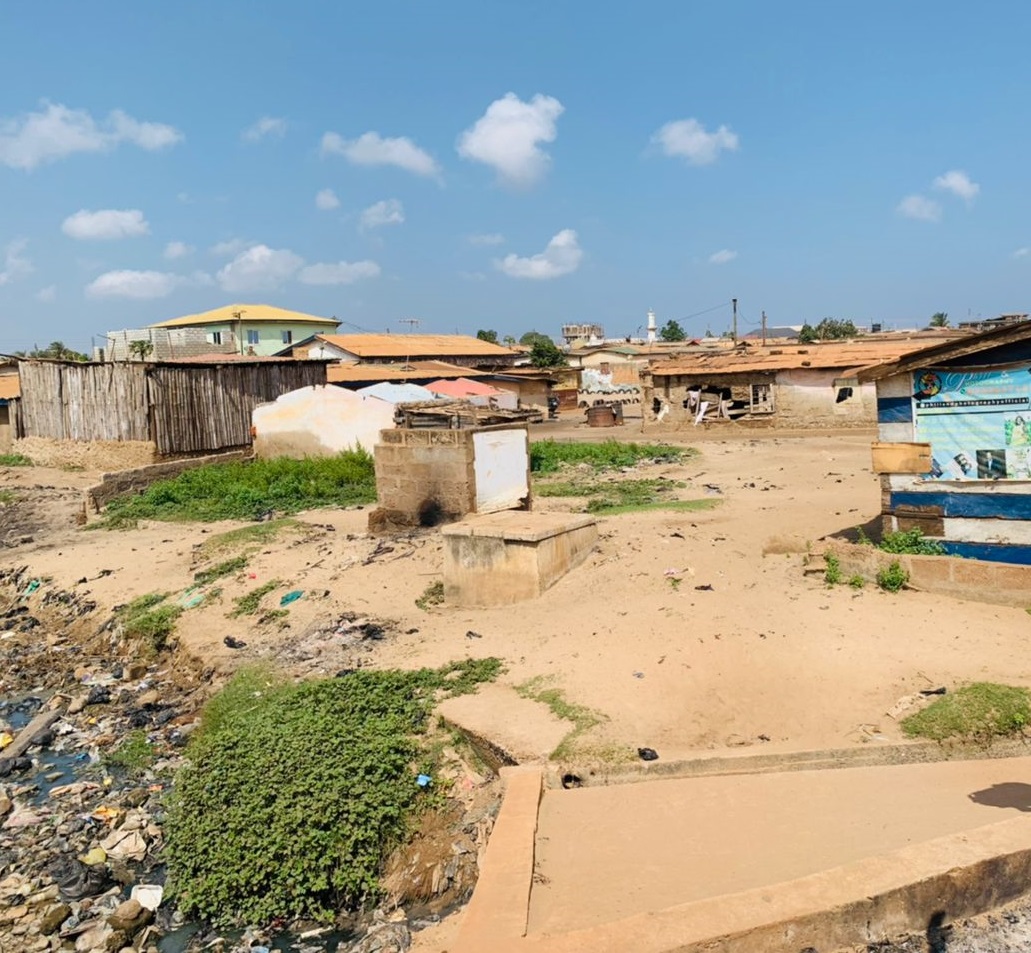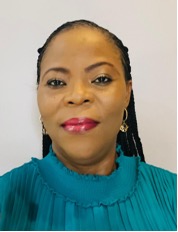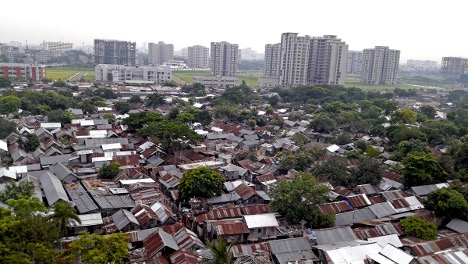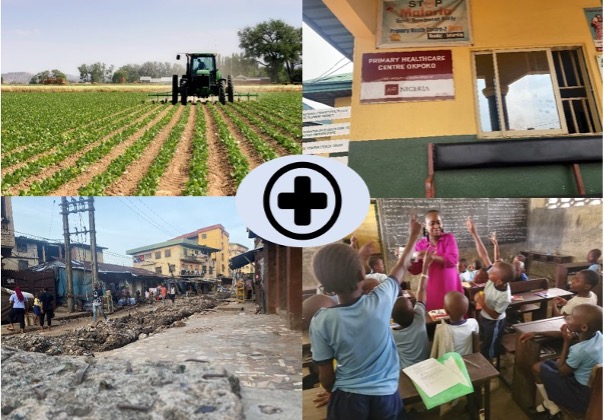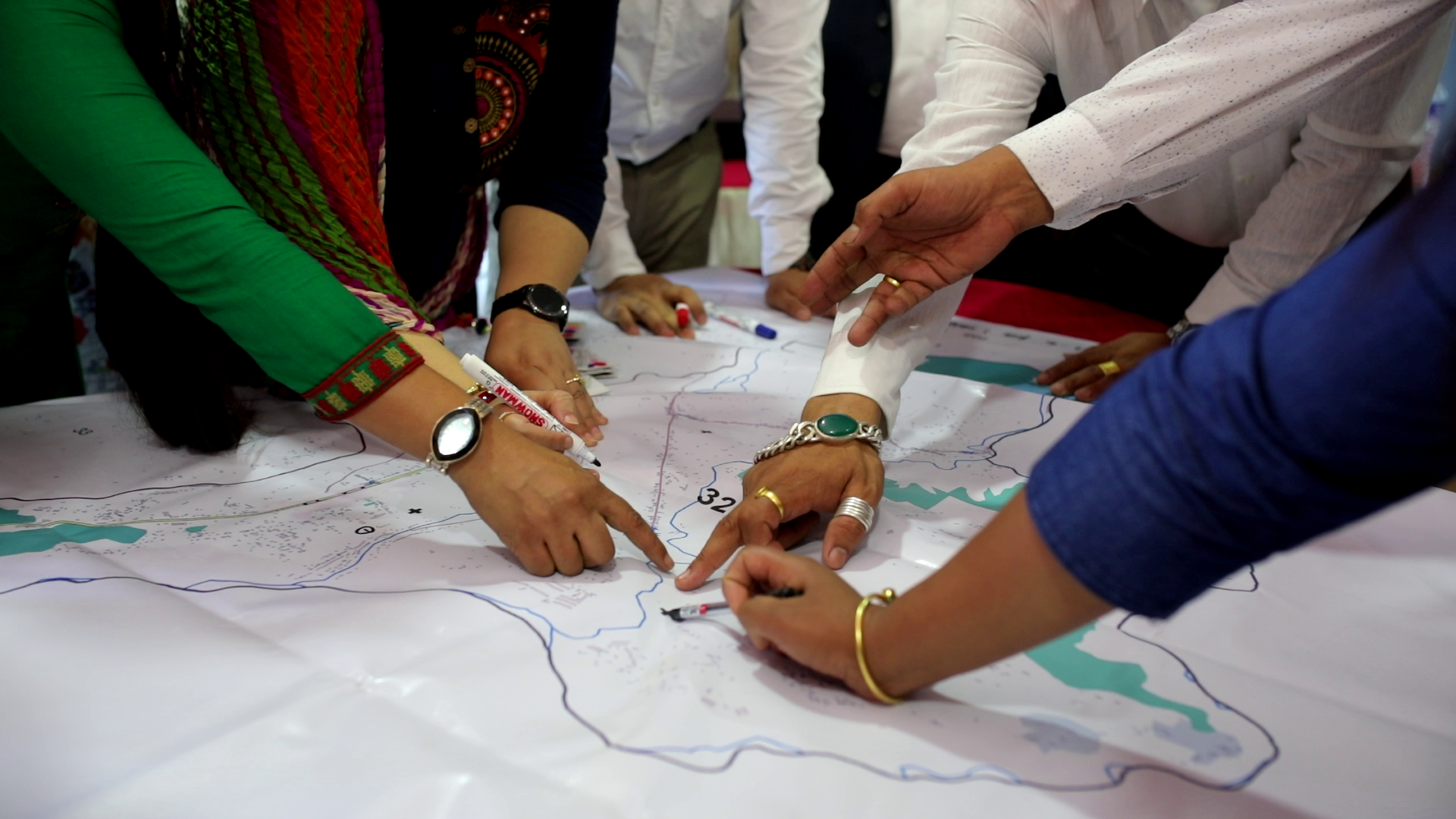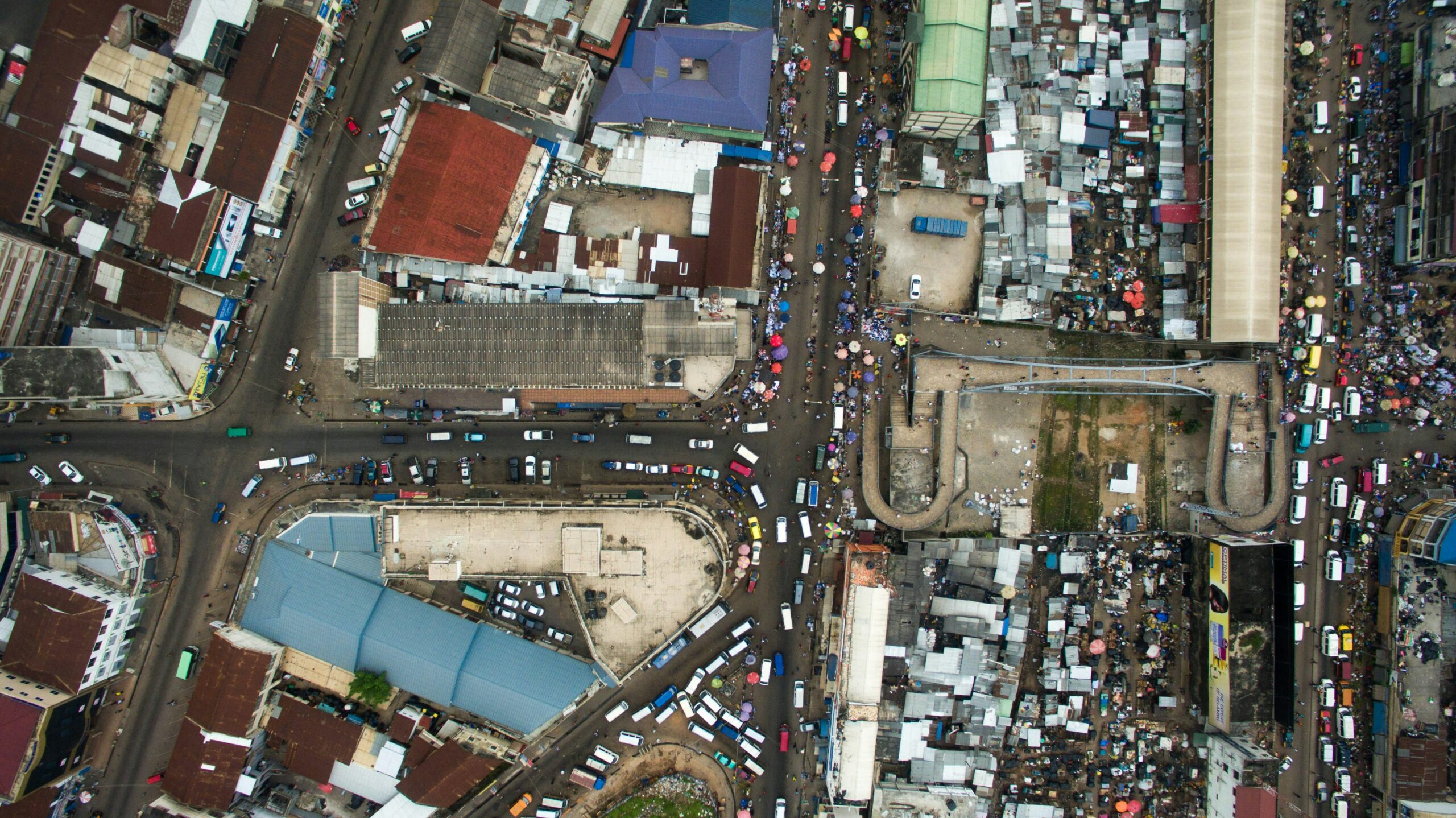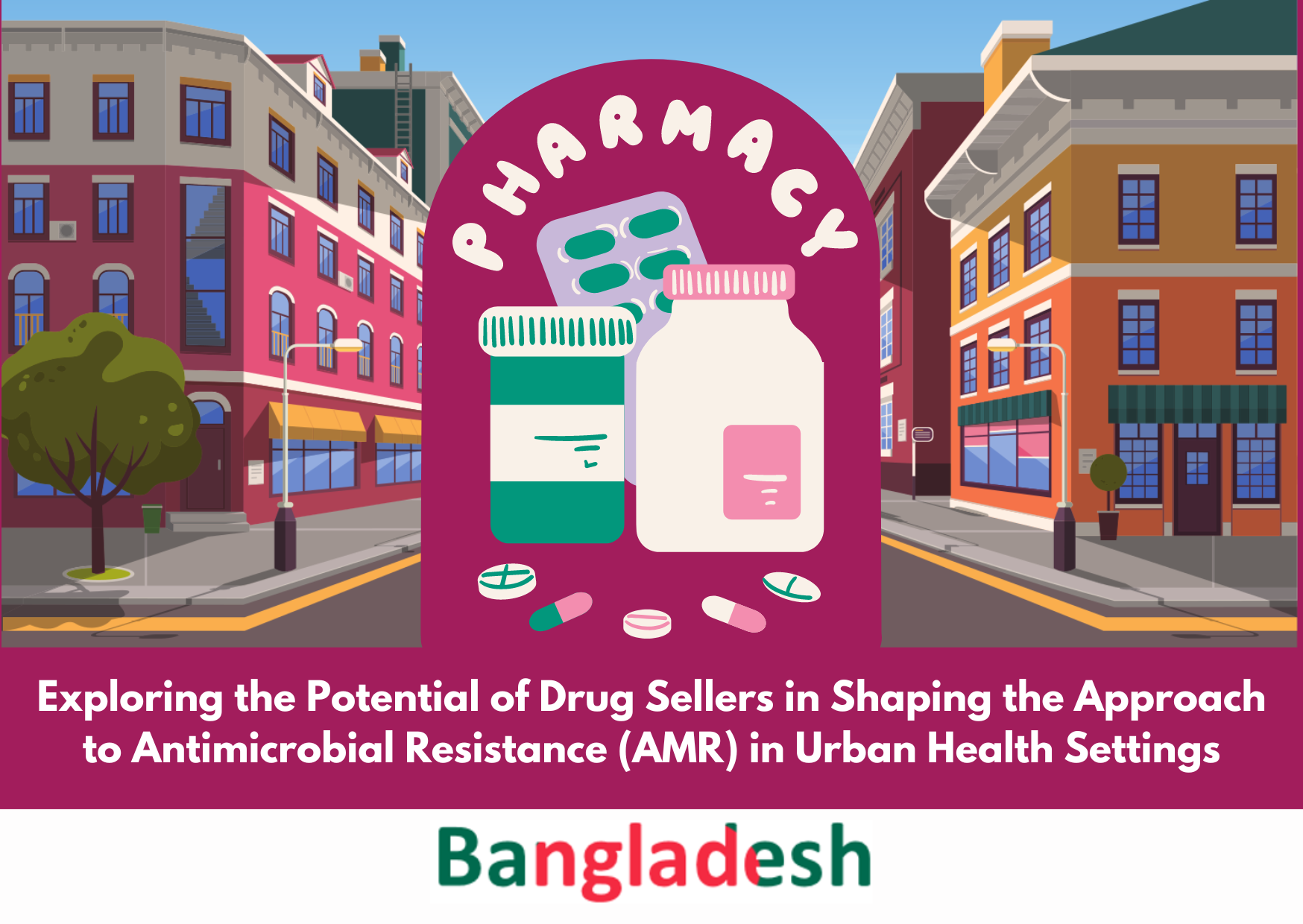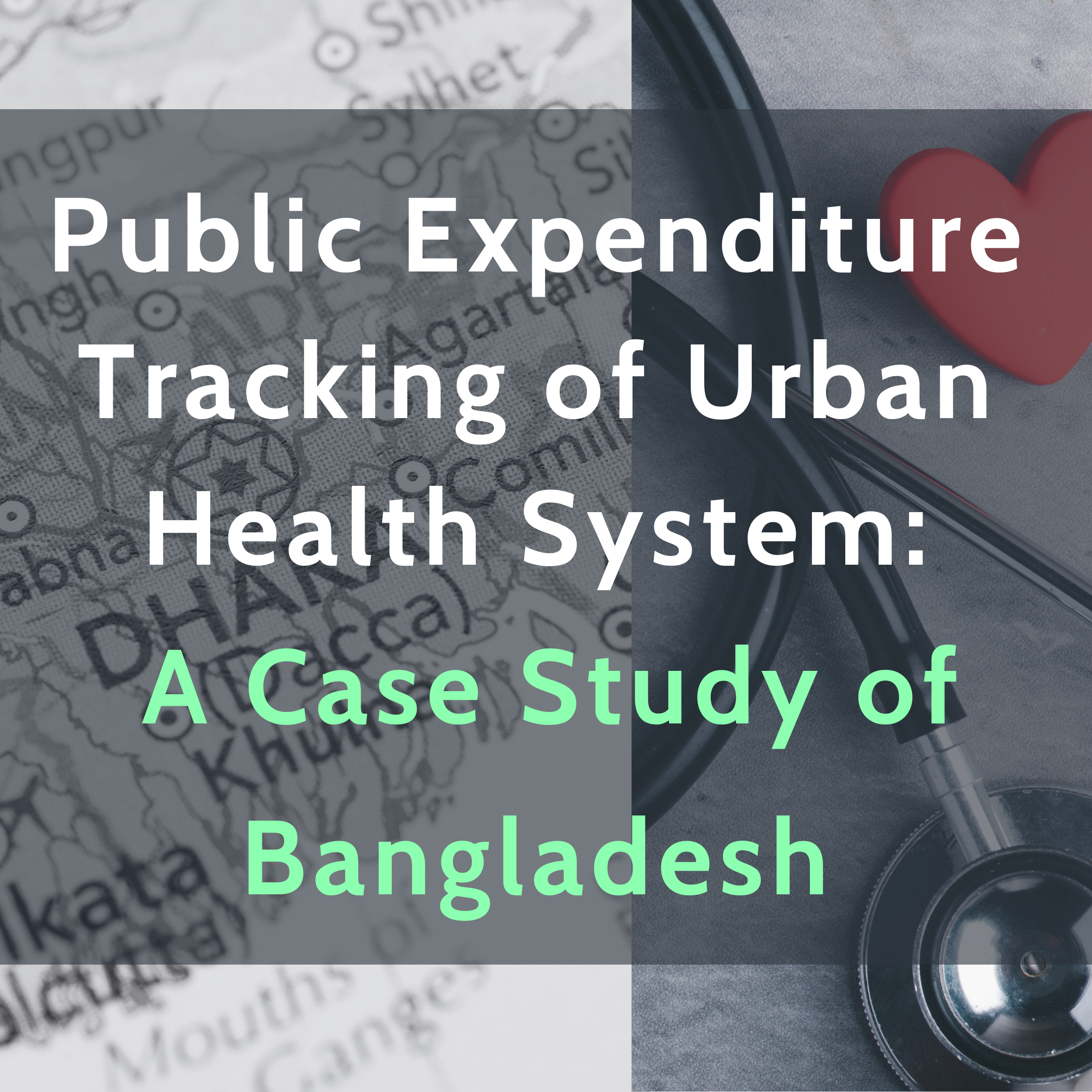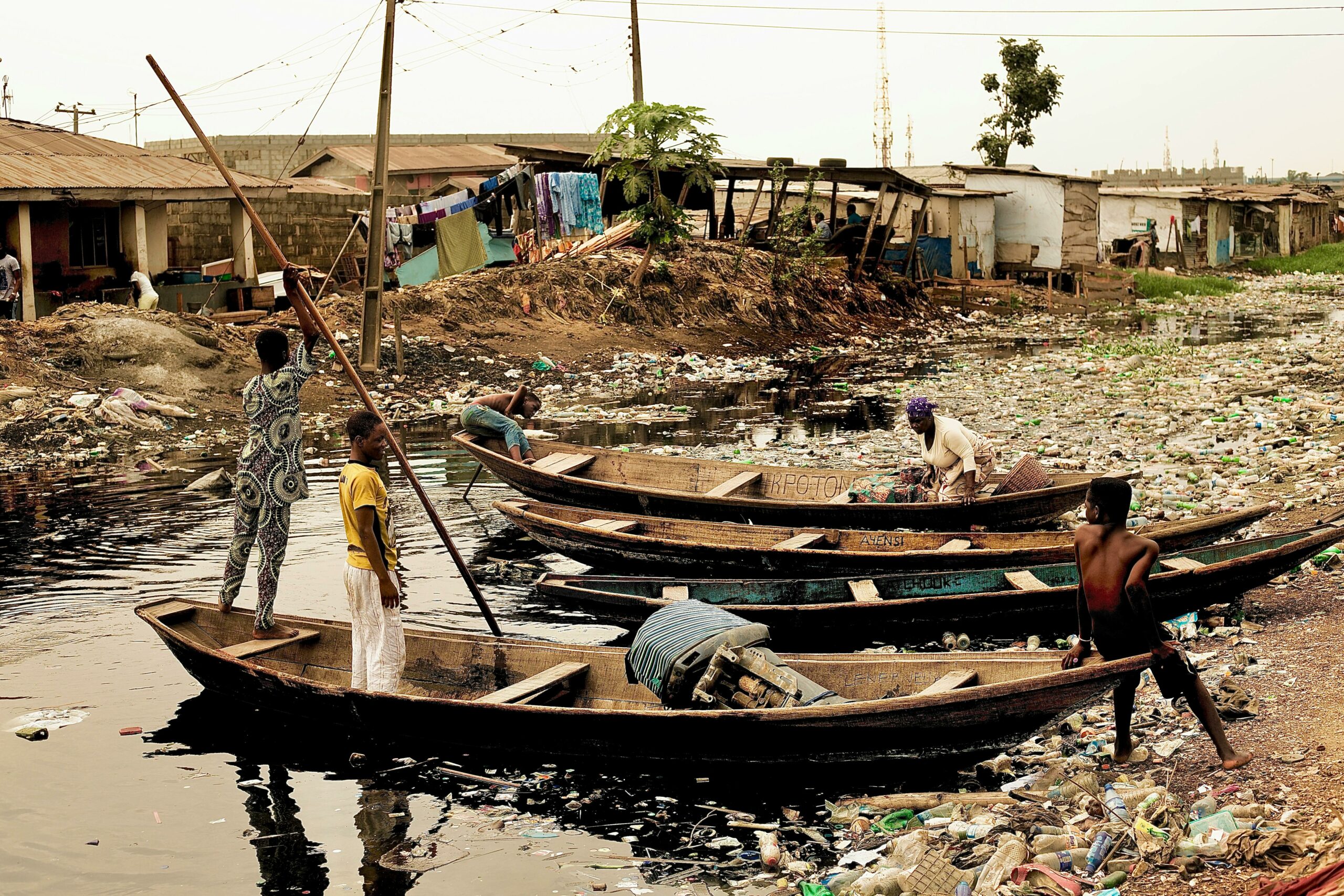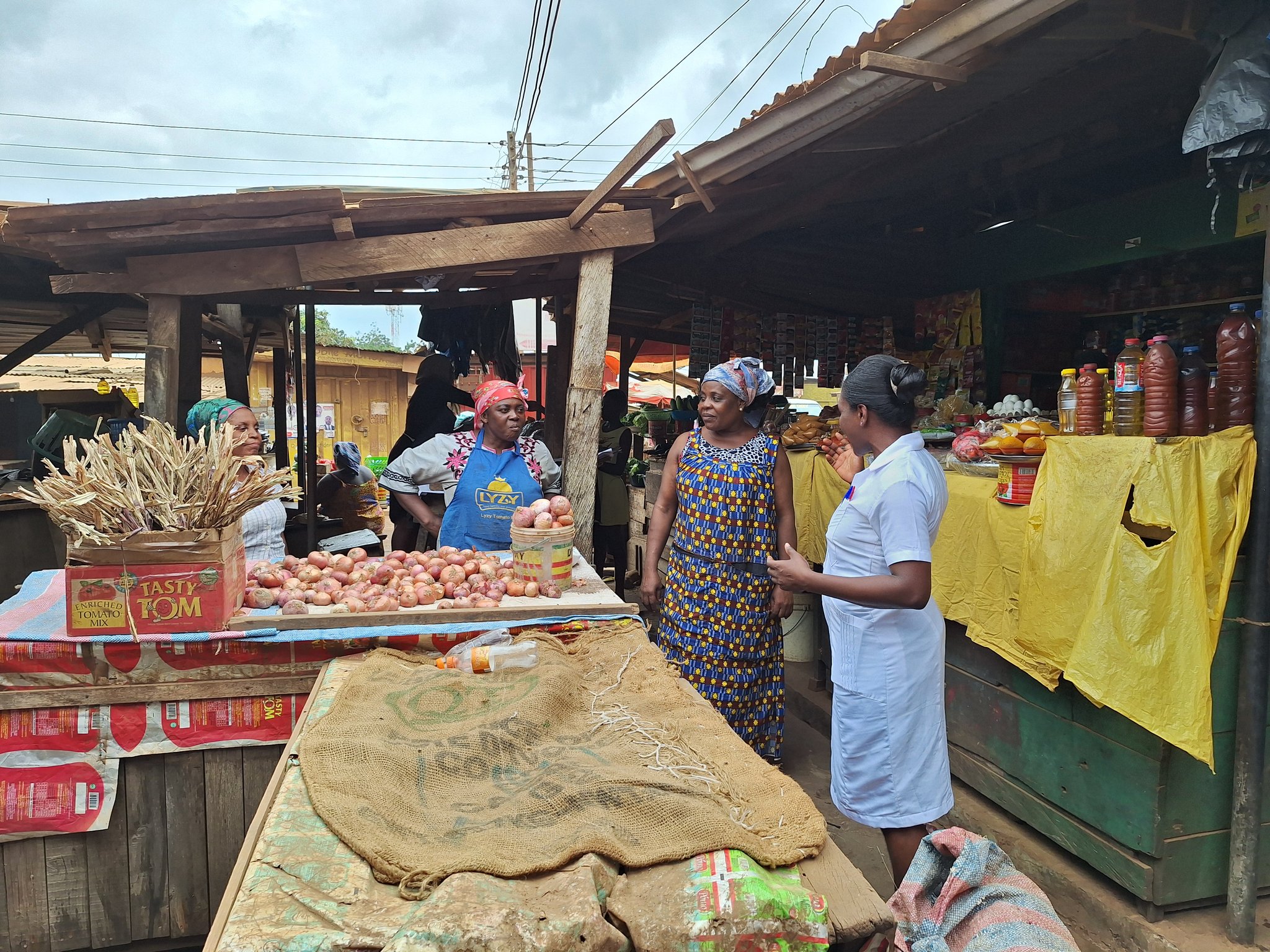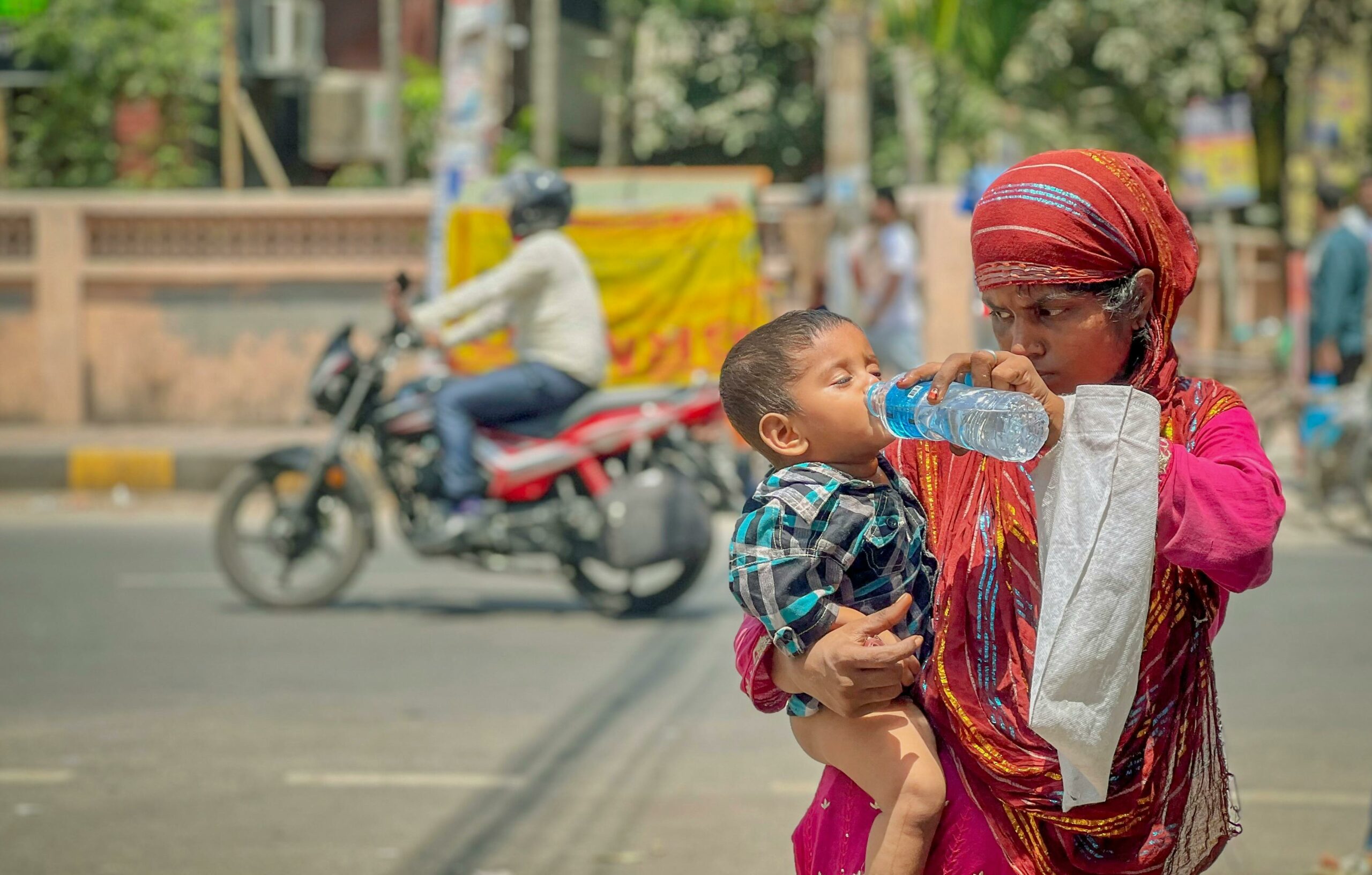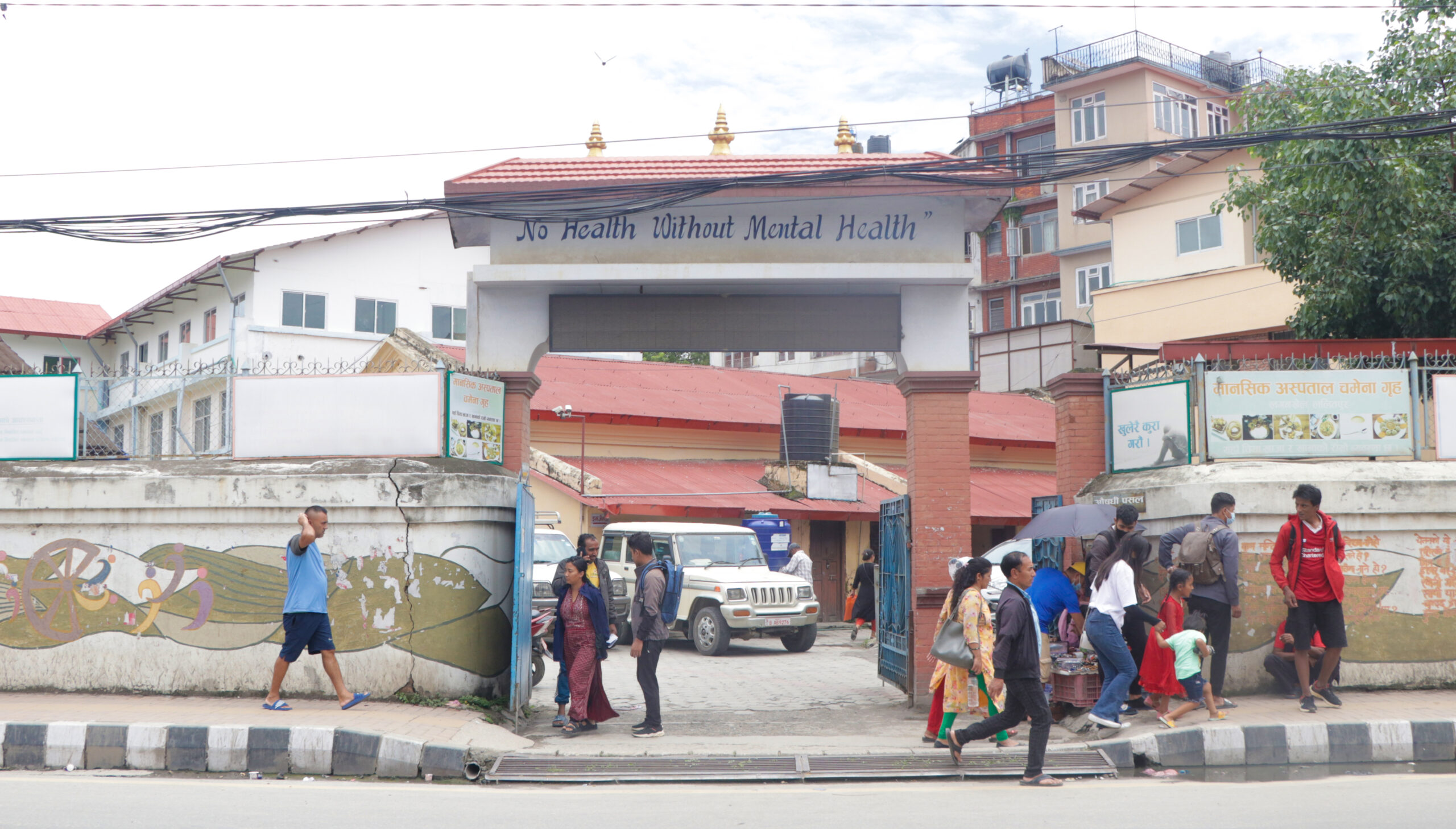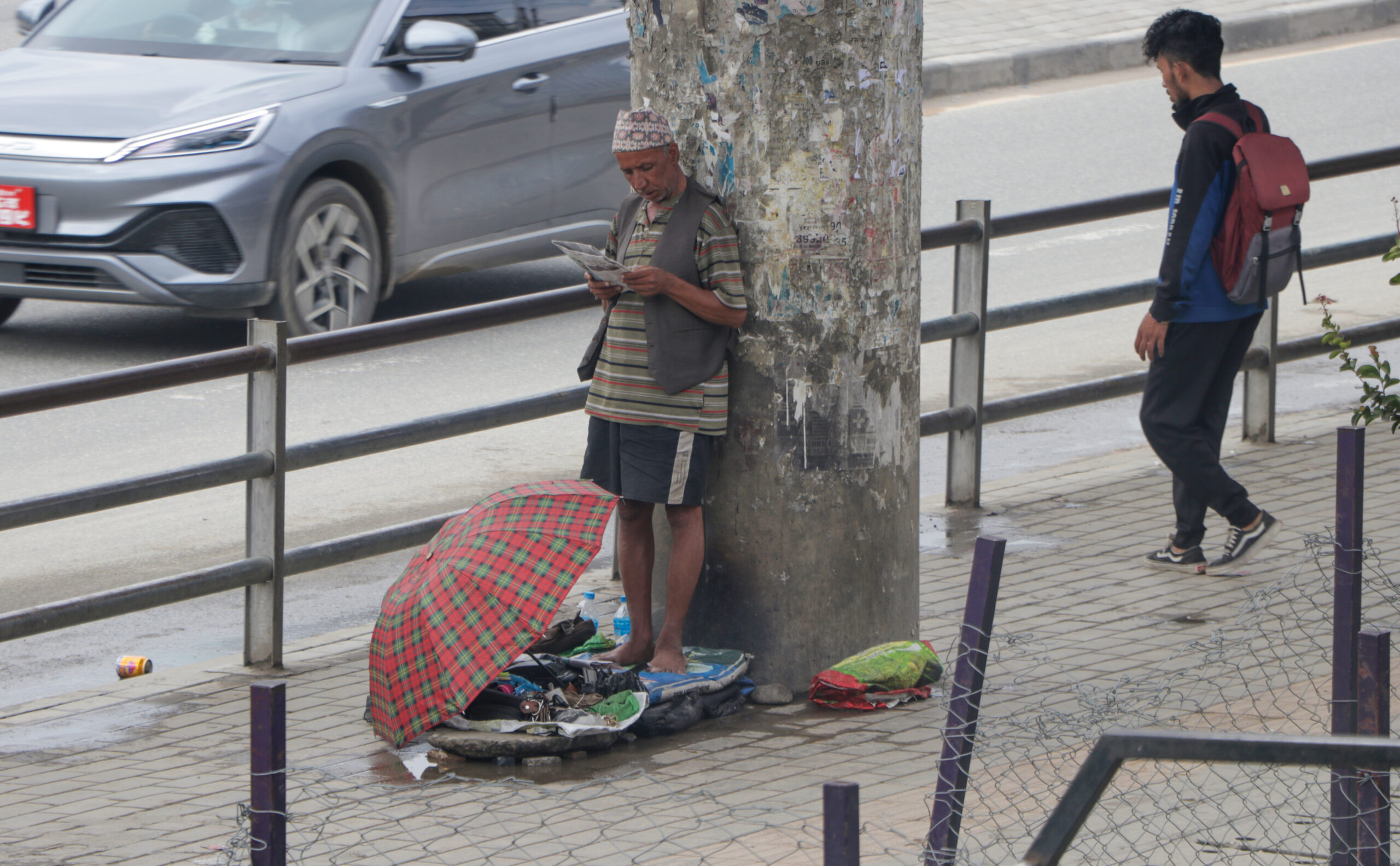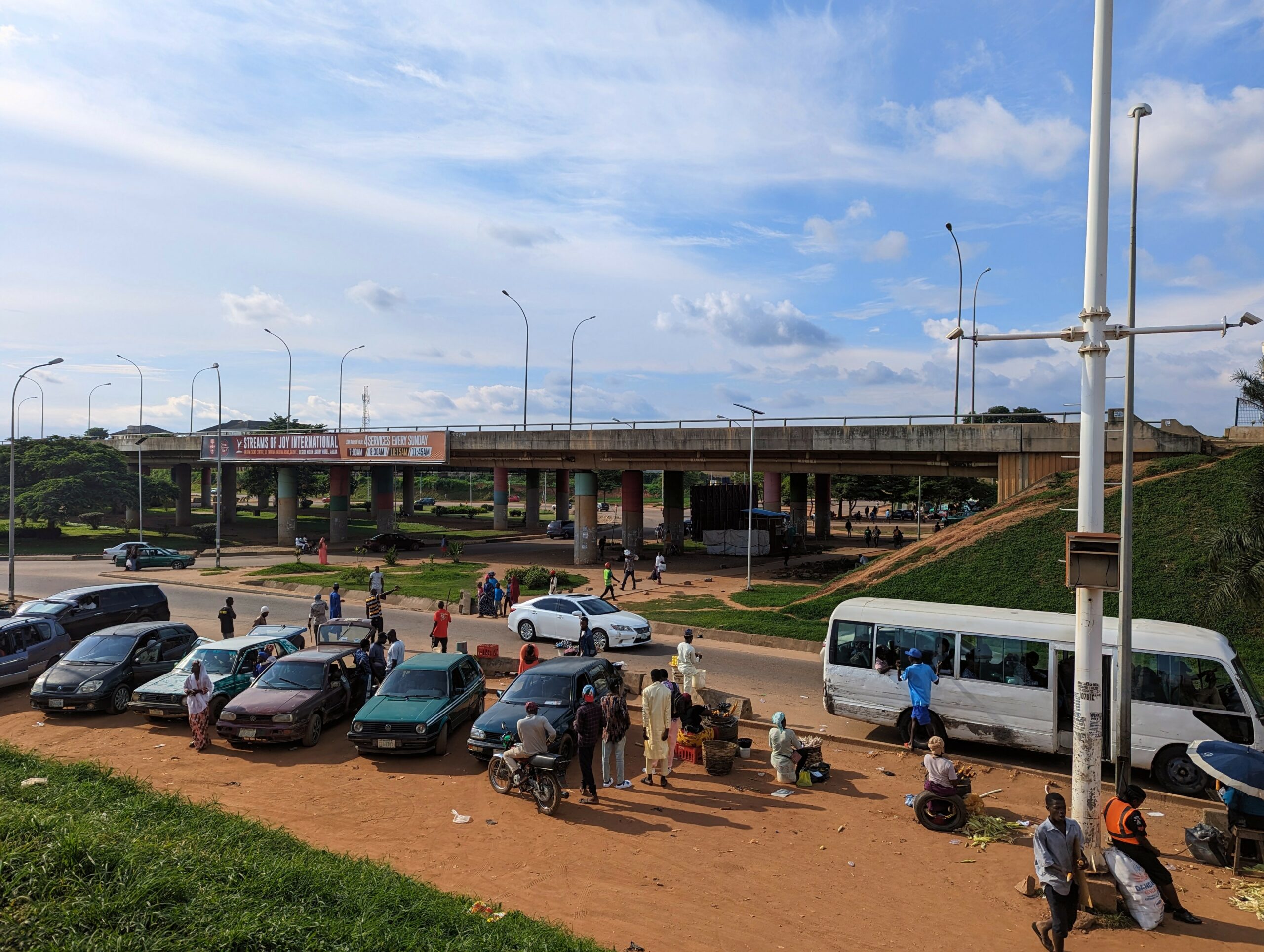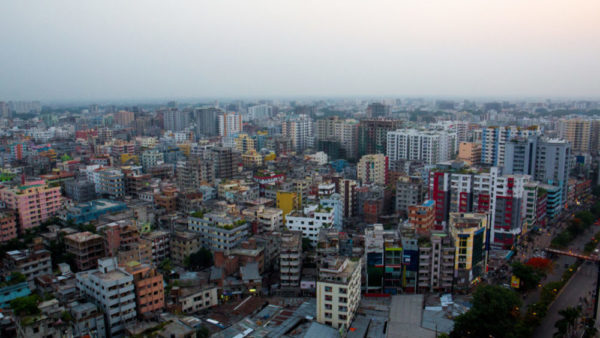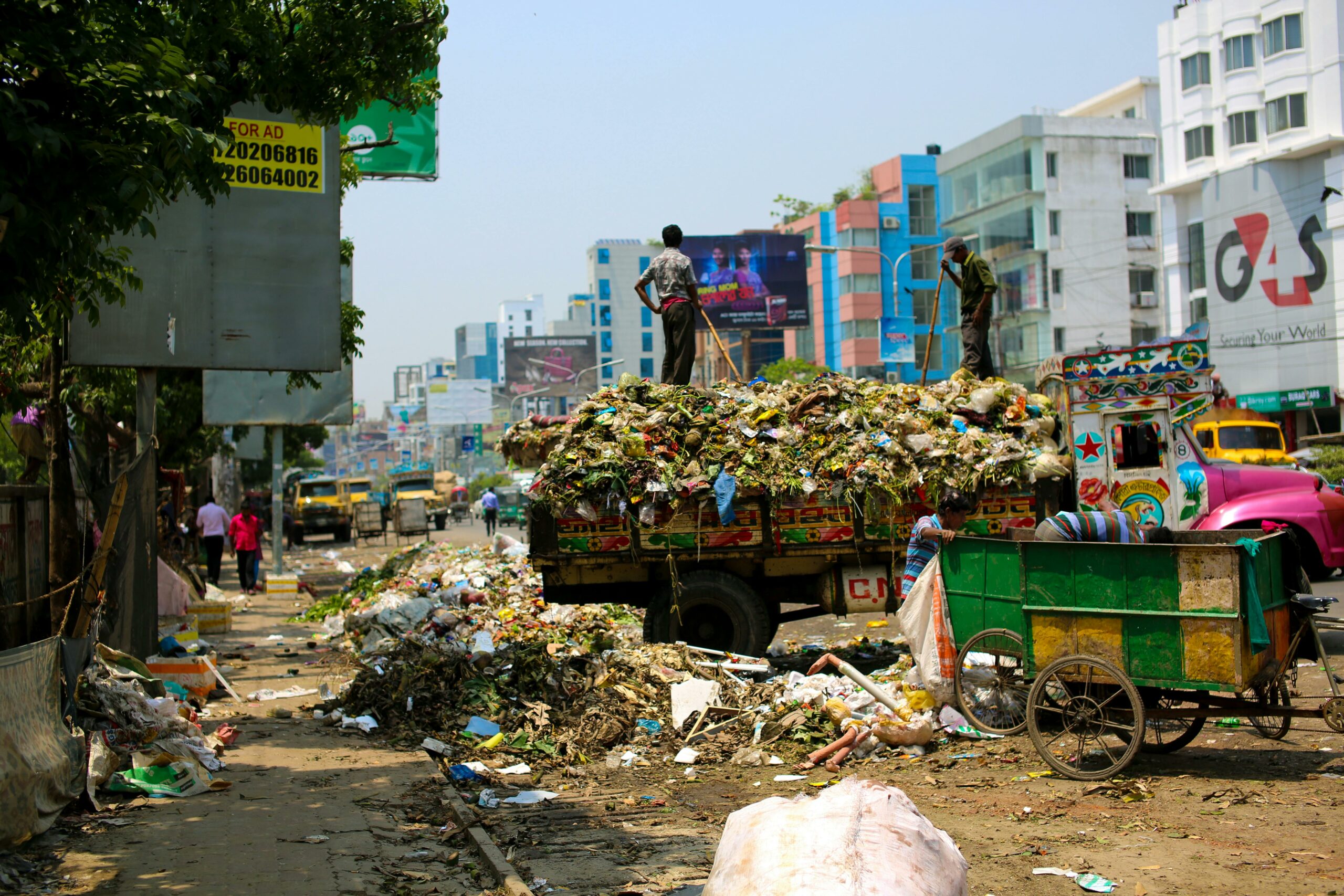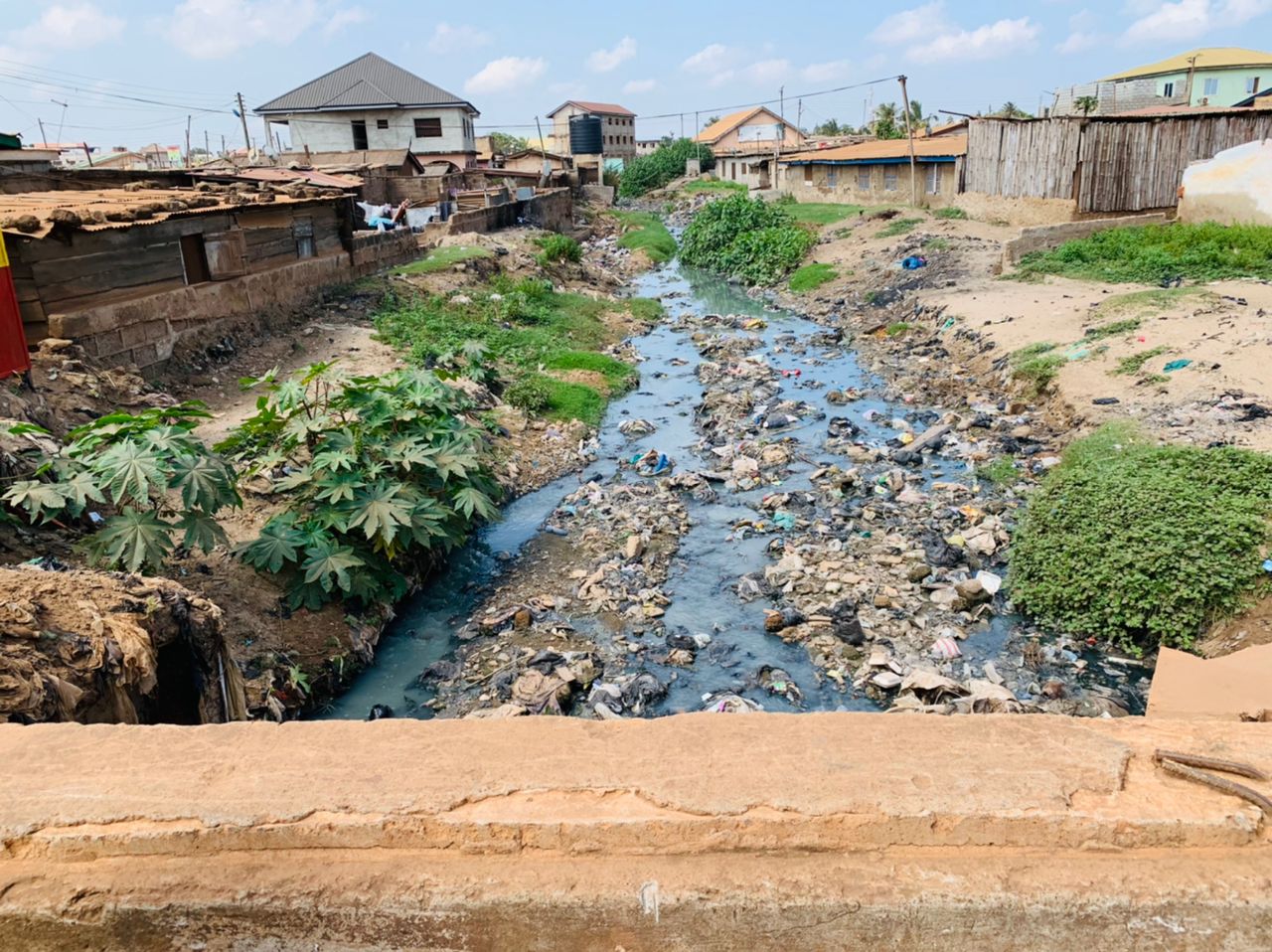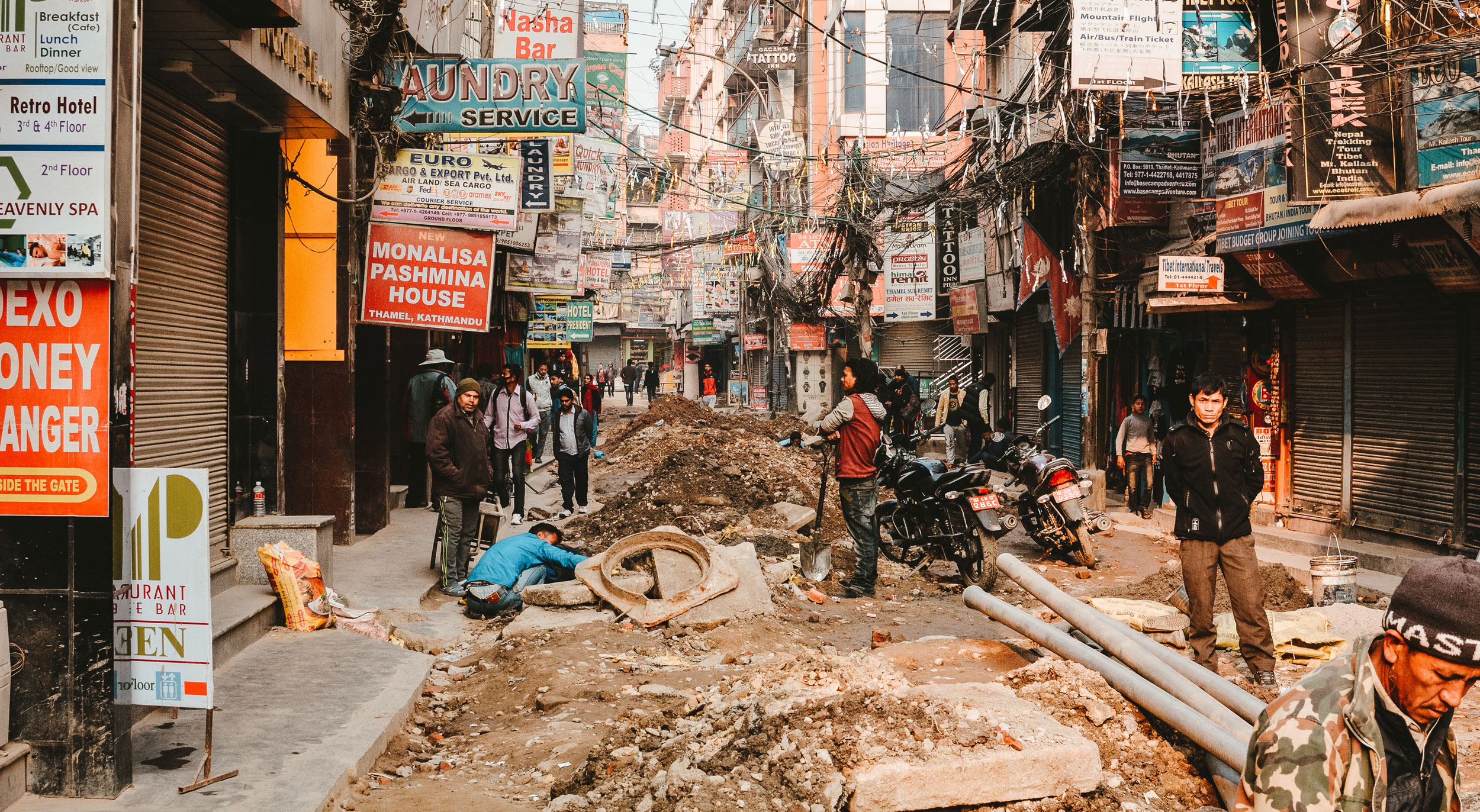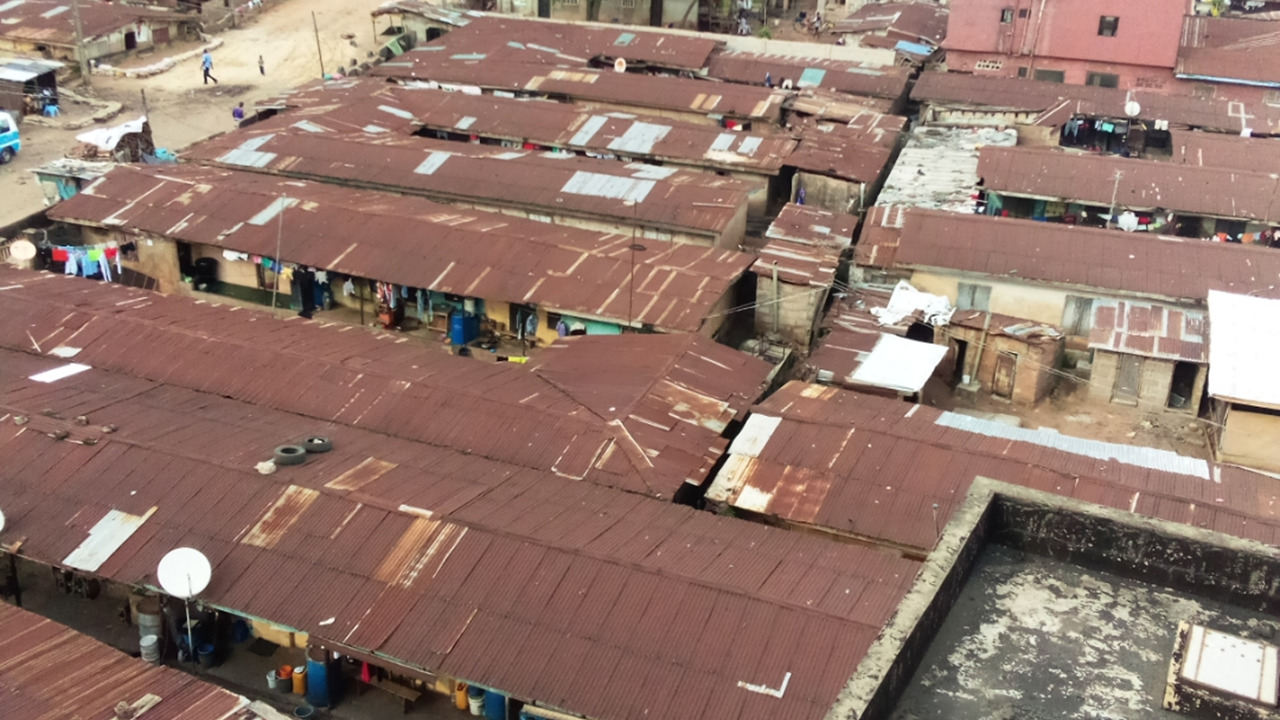
GHANA
Multisectoral collaboration for health

GHANA
Multisectoral collaboration for health
Can Health in All Policies be Operationalised? Exploring facilitators and barriers to multisectoral collaboration for health improvement in a vulnerable urban context in Ghana
Ashaiman is a municipality in Greater Accra, Ghana. It has high rates of unplanned housing (60%), high migration (61.3%), high population growth rate (4.6%) and is densely populated (10,489 people per km2). As these indicators suggest, Ashaiman is an area of high urban poverty, and has inadequate social amenities, sanitation and infrastructure. It also suffers from high rates of violence and crime. The effects of these conditions have direct and indirect impacts on the health and wellbeing of the Ashaiman residents, however decision making and programming on the wider socio-economic and environmental factors within urban areas fall outside the scope of healthcare provision, to other local government departments, including city planning, transport, environmental health, sanitation, education and sports. Health services are also provided by a range of stakeholders, including civil society organizations (CSOs), religious organizations, non-governmental organisations (NGOs) and private providers.
Health in All Policies (HiAPs) provides a useful framework to support cross sector responses to health, however operationalising the framework has barriers including low levels of awareness, weak capacity, disjointed stakeholders and competing priorities.
The project seeks to assess how Health in All policies (HiAP) is being implemented or otherwise at the city local government level and whether implementation is having any effect on the health of vulnerable urban residents.
The study will explore both enablers and barriers to multisectoral action as well as assess the effectiveness or otherwise of HiAPs within the local government setting. This will be done through a range of qualitative research methods, including interviews and focus group discussions, to assess annual plans and budgets of key departments, as well as capacities of the sectors to implement multisectoral responses. It will also suggest possible solutions to either start, strengthen, or sustain multisectoral action for health improvement of vulnerable urban residents, in the Ashaiman context.
Lead Researcher: Patience Mamattah
Mentors: Dr. Lauren Wallace (Dodowa Health Research Center), Prof. Helen Elsey (University of York)
